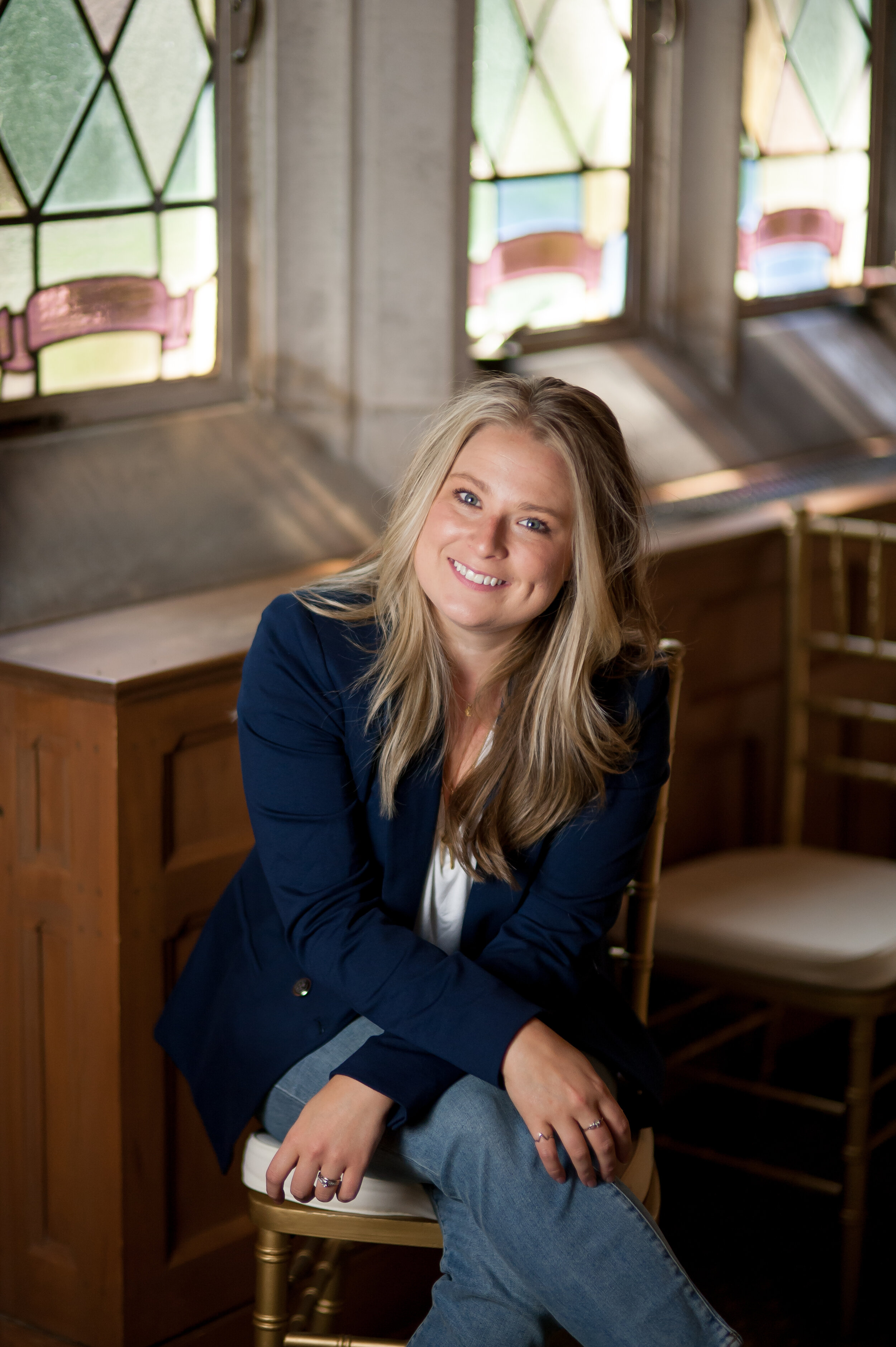Hands to Work and Hearts to God - Season 1 Episode 2
S1E2: Hands to Work and Hearts to God
What does it mean to live a life fully devoted to God, where hands and hearts are united in a single purpose? What does it mean to love everyone equally, without giving primacy to our familial relationships?
Continuing last week’s discussion of Christianity in the South in the Early Republic, we spend this week with the Shakers, exploring their history and beliefs and the challenging questions they raise. Originally founded in the late 18th century in England, the Shakers came to the United States via New York. In 1804, Shaker missionaries brought Shakerism to the South and started a community at Pleasant Hill, Kentucky, which would last over 100 years.
LISTEN NOW:
BIBLIOGRAPHY
Gaustad, Edwin S., and Mark A. Noll, eds. A Documentary History of Religion in America to 1877. Third Edition. Grand Rapids, MI: Wm. B. Eerdmans Publishing, 2003.
Gaustad, Edwin, and Leigh Schmidt. The Religious History of America The Heart of the American Story from Colonial Times to Today. Revised Edition. New York: HarperOne, 2002.
Griffith, Ruth Marie, ed. American Religions: A Documentary History. New York: Oxford University Press, 2008.
Andrews, Edward Deming. The Gift to Be Simple: Songs, Dances and Rituals of the American Shakers. New York: Dover Publications Inc, 1967.
Burns, Amy Stechler. The Shakers, Hands to Work, Hearts to God: The History and Visions of the United Society of Believers in Christ’s Second Appearing from 1774 to the Present. New York: Aperture Foundation, 1987.
Shaker Village of Pleasant Hill. “History + Restoration,” 2020. https://shakervillageky.org/history-and-restoration/.
Höschele, Stefan. “The Remnant Concept in Early Adventism: From Apocaltypic Antiscetariansim to an Eschatalogical Denominational Ecclesiology.” Andrews University Seminary Studies 51, no. 3 (2013): 267–3000.
Moorhead, James H. “Between Progress and Apocalypse: A Reassessment of Millennialism in American Religious Thought, 1800-1880.” The Journal of American History 71, no. 3 (1984): 524–42. https://doi.org/10.2307/1887470.
Skees, Suzanne. God among the Shakers : A Search for Stillness and Faith at Sabbathday Lake /. Hyperion, 1998.
Stein, Stephen J. “Apocalyptic Religious Movements in American History.” Historically Speaking 9, no. 5 (June 2008): 29–31.
Sutton, Matthew Avery. American Apocalypse. Cambridge, MA: Harvard University Press, 2014.
ABOUT CHURCH HISTORIA
Christianity is not an “or” religion.
The incarnation itself demands that we hold in tension that Jesus was both fully human and fully God.
Christianity is an “and” religion.
We think the variety within the Christian tradition is beautiful. We like to use the word tapestry to describe that diversity, the richness that helps us see and hold in tension and balance the “and” of Christianity. This tapestry, with its many shapes and colors across denominations, regions, and countries, helps us hold that tension in which we find ourselves.
Church Historia celebrates the tapestry of the Christian tradition through the lens of history. Hosted by church historian Stephanie Fulbright and church history enthusiast Leslie Eiler Thompson, this new podcast identifies people and places in the Christian tradition and uses their stories to discover new threads in the tapestry of Christianity.
For Christians and non-Christians alike, this journey through the past will help us see ourselves, our neighbors, and our present realities more vibrantly. Season 1, “Who Are Your People?” explores Southern Christian traditions and the history that frames them.
Sign up for the email list to get updates on Church Historia, and additional information when episodes release.
ABOUT THE HOSTS
STEPHANIE FULBRIGHT
HOST, IN-PODCAST HISTORIAN,
AND TEA MISTRESS
Stephanie had an interest in history from a young age and fell in love with Church History in college. In 2017, Stephanie completed her Master of Theological Studies, in Public History of Religion, at Vanderbilt University. Her thesis, Contentious Histories: Why They’re Important and How to Tell Them Well, encourages those in reconciliation and community justice work to think about how history connects with the work they do.
A lifelong passion of Stephanie’s is sharing history and tools of historical thought with others, so we can experience the world around us more deeply and become better neighbors. Stephanie frequently teaches church history and Sunday School programs.
Stephanie can often be found with a cup of tea, a good book, and her Great Dane puppy, Mouse.
LESLIE EILER THOMPSON
CO-HOST, PRODUCER,
AND IDITAROD EXPERT
With a math-teaching father and art-teaching mother, it’s no surprise that Leslie Eiler Thompson’s work often strikes a balance between craft and calculation. Highly creative, idiosyncratic, and multi-faceted, Leslie’s work finds itself taking shape in many forms - from storytelling and writing to podcast hosting (Someone Like Me Podcast) & producing (Tokens Podcast), to owning a creative marketing and publicity studio. There’s even some singing sprinkled into the mix.
Spending most of her childhood and adolescent years on a theatrical stage sparked an attitude of curiosity in Leslie, one which has developed into a call to humanize - to work with heart and to share with purpose and meaning.
Inspiration strikes Leslie in the English-Ivy covered hills just outside of Nashville, Tennessee. In 2020, Leslie got to experience the Iditarod dog sled race in Alaska, but that’s another story for another time.





